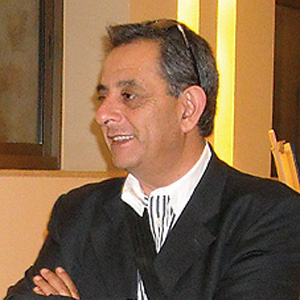A few days ago, I was listening to an interview with Elia Suleiman, a Palestinian filmmaker from Nazareth best known for his 2002 film Divine Intervention. The film is a modern tragic comedy about life under occupation in Palestine, and it won the Jury Prize at the 2002 Cannes Film Festival. In 2009, Suleiman wrote and directed The Time That Remains, which is essentially an account of the creation of the state of Israel in 1948 and its history to the present.
The interview was about a new film that Suleiman is making entitled It Must Be Heaven. It seems that he is/was on a trip to speak to producers about his new film which he says is a burlesque look at the world today. In this new film, Suleiman caricatures serious issues in ludicrous ways. In his view, the world looks terrible. There is more despair and less hope than before. He adds that the situation looks bleak, from both a political and an economic point of view. Even the ecosystem looks dismal. One of his statements really caught my attention: “In a way, the world has become a global Palestine.” He elaborated, saying that tension is everywhere, police are omnipresent, imposing a state of emergency has become common, and restrictions at airports are traumatizing people because they’re being treated like numbers. Much like in Palestine.
The interview included a scene where Mexican actor Gael García introduces his wife to Suleiman. García says, “Elia is Palestinian filmmaker, but he makes funny films.” He adds, “He is now making a funny film about peace in the Middle East.” García’s “but” clearly stood out, and with a straight face, his wife responded, “That’s funny already!” I really must watch It Must be Heaven when it comes out. I love this dry sense of humor.
Coincidentally, the entire content of the October issue of This Week in Palestine is about Palestinian contributions to the region and to the world. Mainly through cooperation, Palestinians in the diaspora have played a variety of roles in the development of their host countries. Most evident is their positive influence in the Arabian Gulf states, particularly after the Nakba, and to a lesser degree, in Chile in South America, where one of the national football teams, Deportivo Palestino, just celebrated its 100th anniversary.
The articles in this issue highlight the positive role that Palestinians have played in Brazil, Europe, and even Africa, where medical/surgical missions were sent as support coming from Palestine. On the other hand, Palestine is certainly innocent regarding the bad conditions that a good part of the world experiences today. One can’t but see the irony. The world, however, is becoming a global Palestine. Maybe now, people will get a sense of what it feels like to live under occupation!
Long live Palestine!


